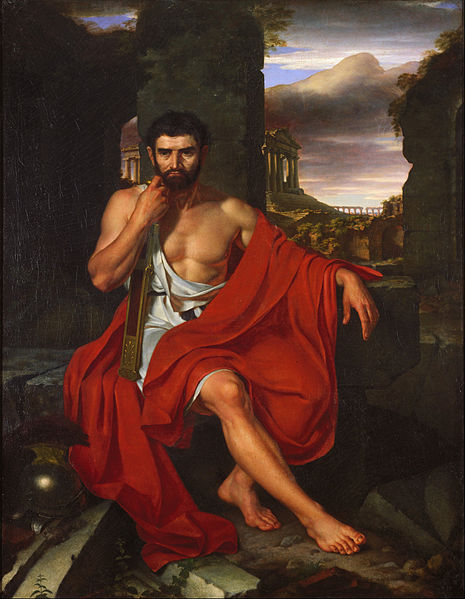Marius amidst the Ruins of Carthage
Winthrop Mackworth Praed
Carthage, I love thee! thou hast run—
As I—a warlike race;
And now thy glory’s radiant sun
Hath veiled in clouds his face:
Thy days of pride—as mine—depart;
Thy gods desert thee, and thou art
A thing as nobly base
As he whose sullen footstep falls
To-night around thy crumbling walls.
And Rome hath heaped her woes and pains
Alike on me and thee;
And thou dost sit in servile chains,—
But mine they shall not be!
Though fiercely o’er this aged head
The wrath of angry Jove is shed,
Marius shall still be free,—
Free in the pride that scorns his foe,
And bares the head to meet the blow.
I wear not yet thy slavery’s vest,
As desolate I roam;
And though the sword were at my breast,
The torches in my home,
Still,—still, for orison and vow,
I ’d fling them back my curse—as now;
I scorn, I hate thee,—Rome!
My voice is weak to word and threat,
My arm is strong to battle yet!
Main Location:
Carthage Ancient Ruins, La Goulette Road, 7016, Tunisia

The painting by John Vanderlyn which inspired Praed's poem: Caius Marius Amid the Ruins of Carthage